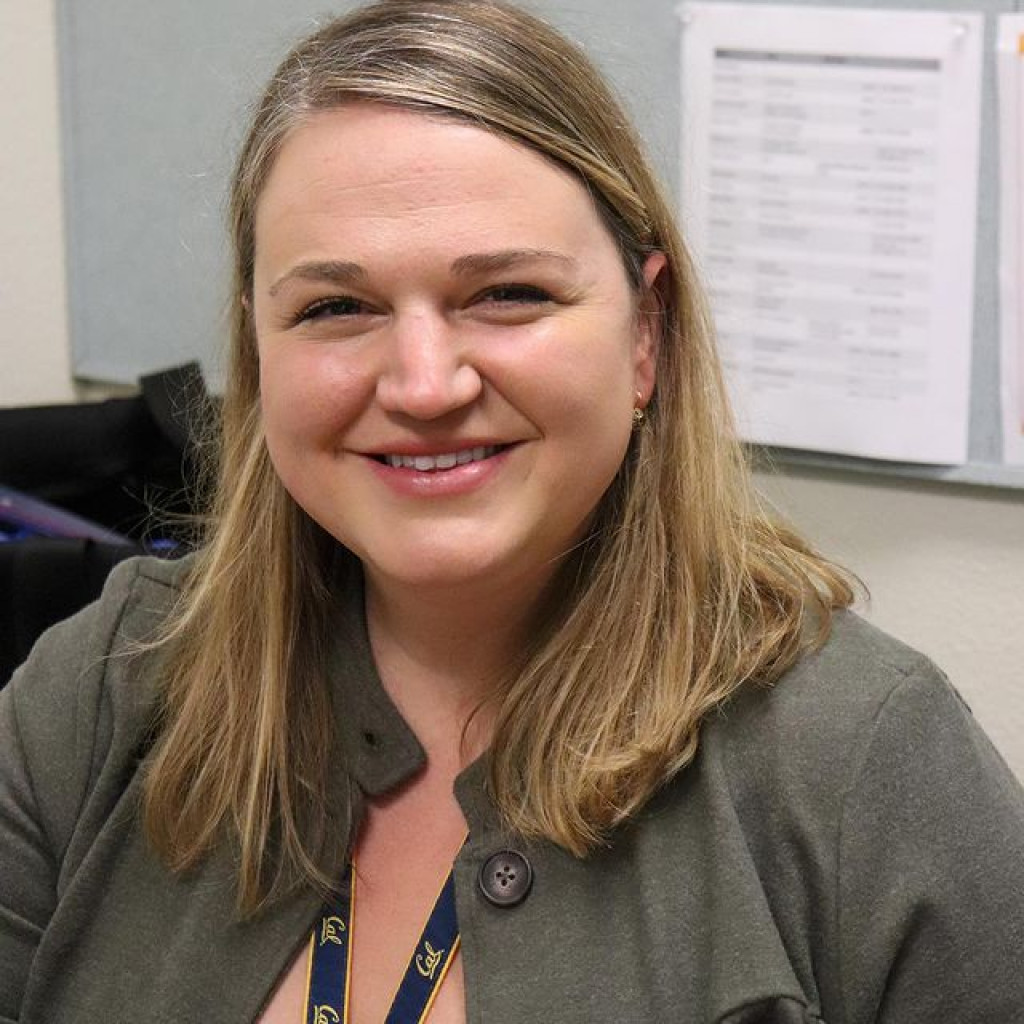On November 29, Jasmina Viteskic officially started working as the new Title IX coordinator for Berkeley Unified School District (BUSD).
In her new role, Viteskic will process sexual assualt cases at schools and work with victims of sexual or gender-based harm across the district, as well as work to prevent sexual harm.
Viteskic said that in her approach to the job, she wants to hear “what [students’] concerns and goals are,” to frame her priorities.

Viteskic is Bosnian and came to the United States as a refugee from the Bosnian War. After graduating from University of California (UC), Berkeley, Viteskic returned to Bosnia and began working in human rights development in post-war Bosnia, specifically with victims of sexual and gender-based violence.
“I come to you as a human rights person,” said Viteskic. “And I think Title IX issues are human rights issues. … I will approach [the job] as a human rights advocate for the students.”
Mary Keating, the Title IX investigator, and Megan Farrell, the interim Title IX coordinator, are both currently working with Berkeley High School (BHS) Principal Juan Raygoza and other administrators to make sure that Viteskic has a seamless transition into BUSD.
The job has historically been challenging — since 2014, the office has cycled through at least one coordinator each year — so Viteskic will be given a few weeks to listen to the students and share words with them before she takes on her own Title IX cases. Farrell will be staying on to help make that possible.
“[Farrell] will stay around to consult for as long as we need her because she has some specific knowledge of some of the ongoing cases [and] she also has really deep knowledge of being a Title IX coordinator in a California school district,” Keating said.
Viteskic said that for the first month, she just wants to soak everything in.
“I would like to engage more with the students because I think that that is the best resource we could have,” Viteskic said. “It makes my job a lot easier when I don't have to overcome the hurdle of convincing [people] that [sexual harm] is an important issue.”
Viteskic did not identify any areas she wants to change within the BUSD Title IX office, but she does have several goals moving forward.
First, she plans to meet with different student groups and take student suggestions and ideas wherever possible. Keating and Viteskic also intend to have at least one of them present on the BHS campus every day of the week.
Although Keating and Viteskic must distribute their time between the rest of the district and BHS, they know that Title IX work is especially important at BHS.
Both Raygoza and Viteskic recognize and appreciate the activism around sexual assualt that has occurred at BHS.
“I think that that [activism around sexual assualt at BHS] is the most fortunate aspect of the Title IX office, the active student body,” Viteskic said. “Because I see that [students] are very, very engaged. … [Students] are willing to stand up and advocate for classmates. [BHS students’] activism is something [they] should really be proud of.”
Viteskic would like to work with and utilize the students' activism to inform the office about what needs to be its focus moving forward.
Although the Title IX office still has issues to improve on, it has made several changes since the walkouts in 2019, including expansion of the Green Dot Program, implementation of school-wide consent education, digitalization of Title IX files, and more.
“In terms of making the process accessible, that’s really part of our goal and I think we’re making strides there, and with the education portion too,” Keating said.
All the applicants for the position of Title IX coordinator had to go through an extensive hiring process that started with a screening from an unbiased panel. Applicants also had to complete written and oral exams and undergo three rounds of interviews with panels. The final panel had a BHS student representative, which Viteskic felt showed how much the students care about this issue.
Raygoza said that he “went into [the hiring process] looking for a candidate that was really interested in working with and supporting our students at BHS.” Raygoza believes that Viteskic embodies just that.
Learning from the students is central to Viteskic and Keating’s goals at BHS, said Viteskic.
Viteskic did say that before there are fewer Title IX complaints there will be more, because of the raised awareness and understanding of the process.
“Human rights development and human rights advancement is something that will always take time,” Viteskic said.
Keating and Viteskic can be found at BHS most days in room G-202A.





